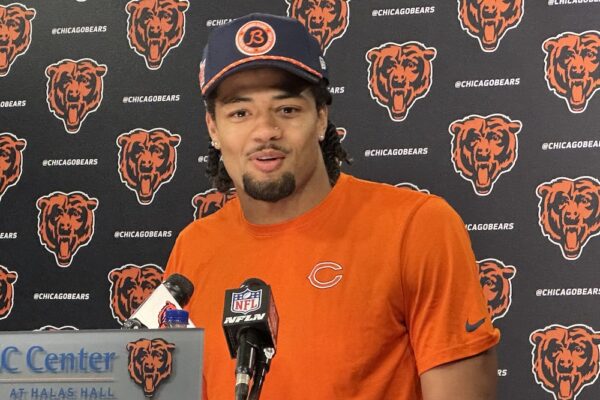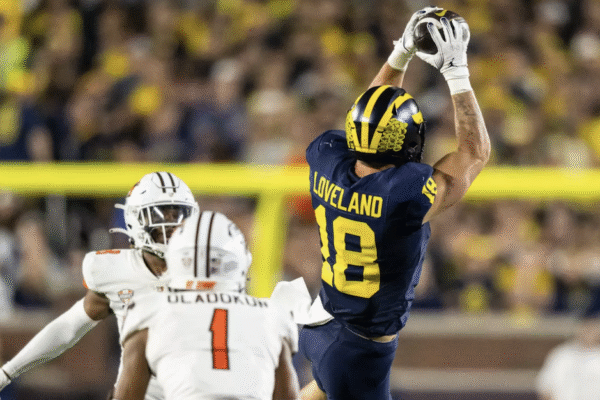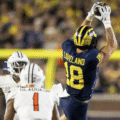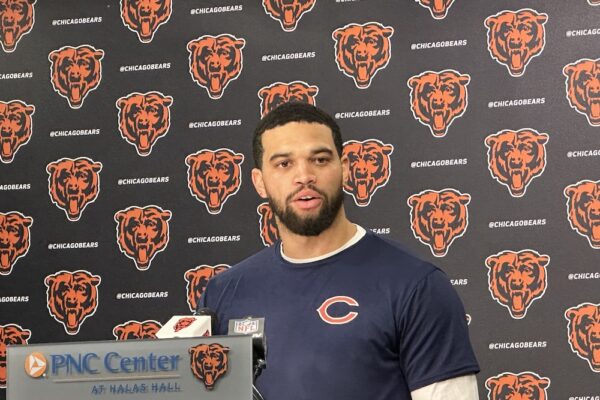
Courtesy of the College Football Foundation, here are important changes coming to the game this season:
2021 Rules Changes
Overtime 2-Point Conversion Requirements:Teams will be required to run a 2-point conversion play after a touchdown when a game reaches a second overtime period. Previously, a 2-point attempt was required after the third overtime period. Also, if the game reaches a third overtime, teams will run alternating 2-point plays, instead of starting another drive at the opponent’s 25-yard line. This is a change from the previous rule, which started to use 2-point plays in the fifth overtime period. This rules change is being made to limit the number of plays from scrimmage and bring the game to a quicker conclusion. Teams can still choose whether to kick the point after touchdown or run a 2-point conversion play during the first overtime period.
Team Area:The team area will be permanently extended to the 20-yard lines, starting in the 2021 season. Previously, the team area extended to the 25-yard lines, but this area was expanded to the 15-yard lines last season to create more spacing due to the COVID-19 pandemic.
Unsportsmanlike Tactics: Video board and lighting system operators have been included in those personnel who may not create any distraction that obstructs play.
Feigning injuries:A new framework has been created to allow a school or conference to request a postgame video review about questionable actions through the NCAA secretary-rules editor/national coordinator of officials.
Instant Replay – Clock Adjustments:In order to keep the game moving, when Instant Replay overturns a call on the field, The clock will only be reset when there is less than two minutes remaining in the 2nd quarter and less than five minutes remaining in the 4th quarter.

Points of Emphasis:
- For the 2021 season, targeting and dangerous contact fouls will continue to be a priority for all officials. The NCAA Football Rules Committee continues to embrace the targeting rule to promote player safety and reduce head contact.
- It will be a point of emphasis for officials to penalize any taunting action directed toward an opponent. Committee members think these actions reflect poorly on the game and can lead to unnecessary confrontations.
- Officials are directed to be alert to players who are significantly in violation of uniform rules and to send violators out of the game to correct the issue. This will include specifically the pants, jerseys and T-shirts that extend below the torso.
- Coaches should not enter the field of play or leave the team area to debate officiating decisions. Those who do so will have committed an automatic unsportsmanlike conduct foul.










